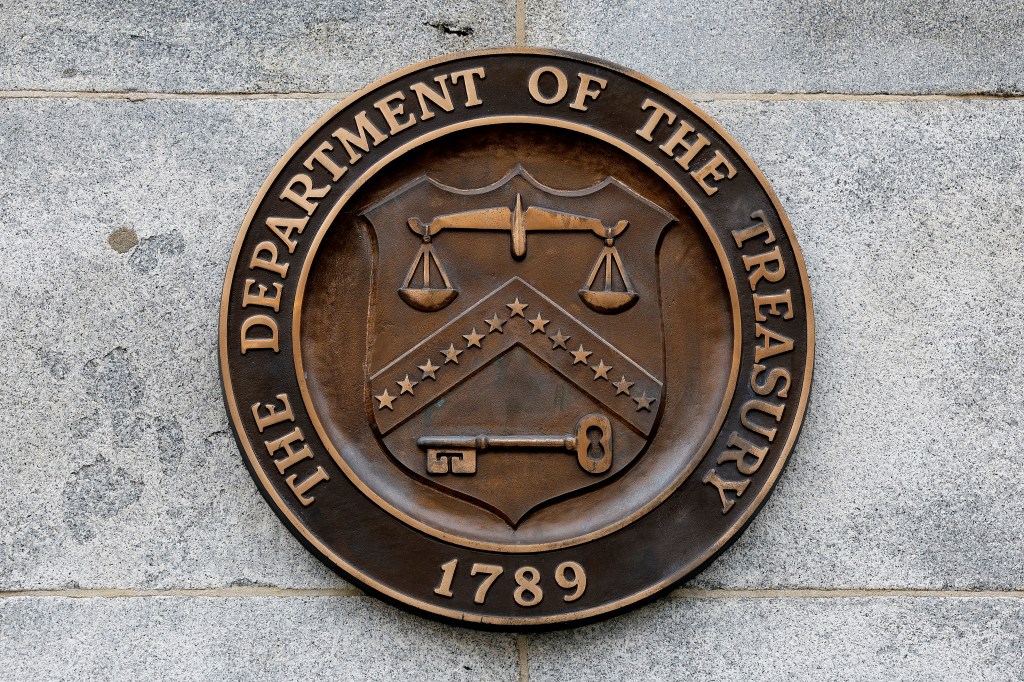On September 11, 2024, the Department of the Treasury’s Office of Foreign Assets Control (OFAC) published an Interim Final Rule (IFR) to amend its Reporting, Procedures and Penalties Regulations under 31 CFR Part 501, which extends recordkeeping requirements for certain transactions from five years to 10 years.
Unless the IFR is modified as part
Register for free to keep reading
To continue reading this article and unlock full access to GRIP, register now. You’ll enjoy free access to all content until our subscription service launches in early 2026.
- Unlimited access to industry insights
- Stay on top of key rules and regulatory changes with our Rules Navigator
- Ad-free experience with no distractions
- Regular podcasts from trusted external experts
- Fresh compliance and regulatory content every day

![What [the heck] is going on with vaccine policy in America?](https://www.grip.globalrelay.com/wp-content/uploads/2026/02/G-Vaccine-signage-2259640793.jpg?w=1024)











